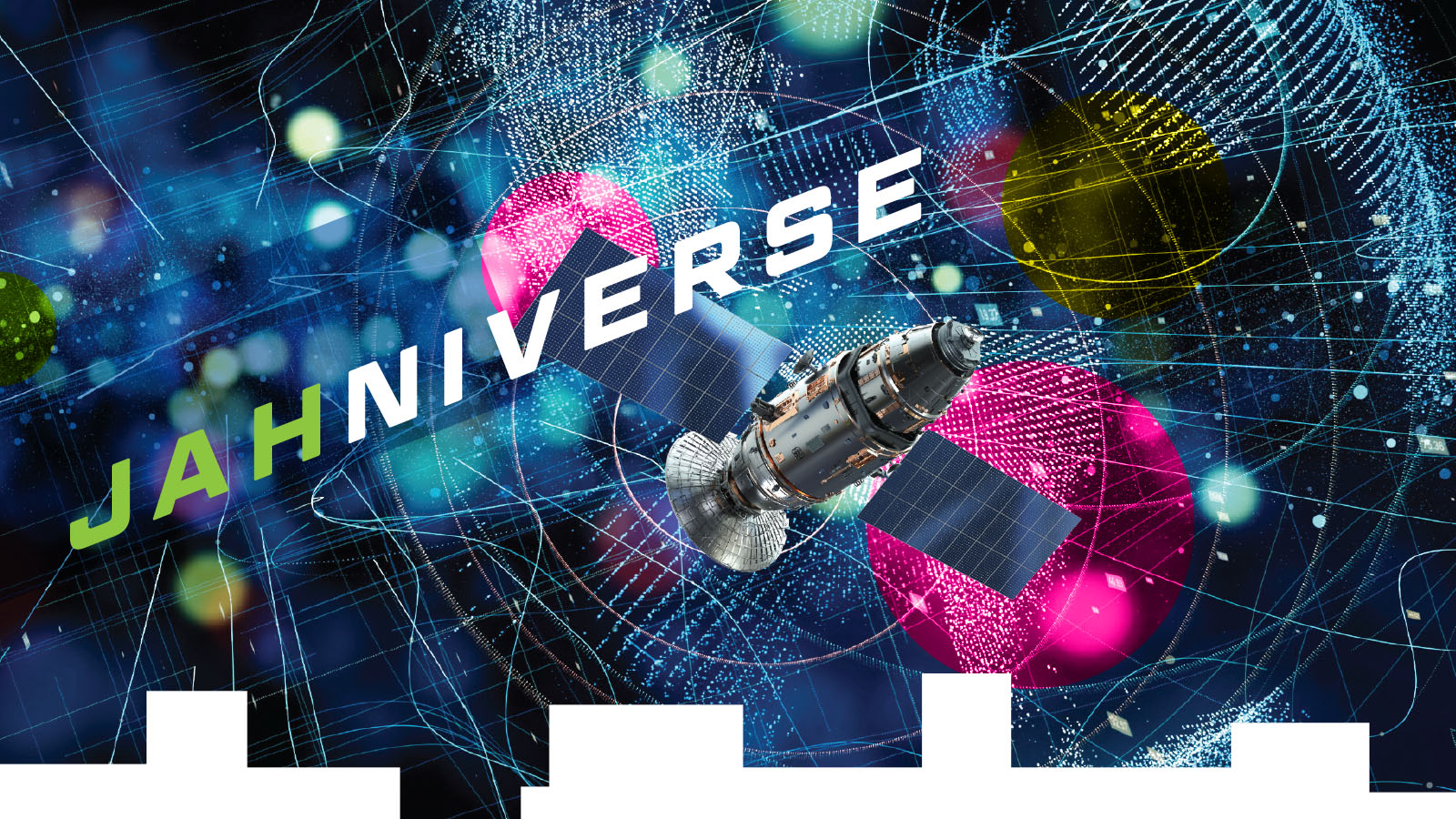Stay Up to Date
Submit your email address to receive the latest industry and Aerospace America news.
On duty one day at Malmstrom Air Force Base in Montana as a security policeman, I cleared a maintenance crew to access one of the Minuteman missile sites out on the High Plains. It was sometime in the late 1980s or early ’90s, a fascinating time to be at a nuclear missile base. I watched news clips of the Berlin Wall fall in 1989 and the Soviet Union and United States sign the Strategic Arms Reduction Treaty in 1991. Within hours of my clearing the maintenance crew, the Soviets inquired why the maintenance vehicle was different that day from the one that normally serviced that specific site.
I was amazed that for nukes, everyone knew where everything was, all of the time. This experience stuck with me as I became an astrodynamicist and space environmentalist. If this transparency existed in the space domain, our world would, likewise, be safer in important ways. There would be less risk of orbital collisions that could pollute low-Earth orbit for decades and less risk of nation-states miscalculating each other’s intent.
As a missile cop, I was taught that a threat is the concurrent presence of three ingredients: opportunity, capability and intent to cause harm. Today, many technologies in space have the opportunity and capability to interfere with satellite services such as military and civil communication or Earth observing for weather forecasting or reconnaissance. The difficulty is inferring the intent of an actor. Right now, space actors lack the kind of detailed information that the Soviet Union must have had about Malmstrom. They also lack an easy way to ask other actors about changes, like that new vehicle at Malmstrom. This situation is concerning, given the escalating rhetoric and actions in space by China, Russia and the United States in recent months and years. Russia has accused the United States of engaging in threatening behavior, and the United States has accused Russia of doing the same. China is allegedly developing space weapons. France and the United Kingdom are developing their own versions of the U.S. Space Force.
Spacefaring nations set themselves up for the potential calamity when they make malicious intent their null hypothesis or default belief. To reduce risk of miscalculation, these nations, with input from their commercial satellite operators, must jointly establish operational protocols and practices that will make actions in the domain more transparent and predictable. There needs to be an agreed upon digital twin and library of this domain in order to support decision-making. To be sure, pulling this off will be thorny because of the complexities of the space domain as compared to the binary world of the Soviet Union and United States during the Cold War. A growing number of participants in the space sector today make decisions alone without knowing the decision-making criteria of others. They face conflicting evidence, have competing interests, and operate in an environment plagued by nonlinear consequences and unknown interdependencies.
At the University of Texas at Austin, where I teach, I led the development of ASTRIAGraph, a database that eventually will become a comprehensive and robust participatory sensing network, like the Waze app for road traffic. Right now, an initial community of space users share information with each other via ASTRIAGraph, but as this community grows, the database will provide an unprecedented means of sharing knowledge, including the intent behind specific actions. Participants will be able to ask questions of each other, much like the Soviet Union did when I was at Malmstrom. As it exists now, ASTRIAGraph is a credible first step toward the needed digital twin and library. “Our” motto is the Latin “Nihil arcanum est,” which loosely translates to “nothing hides.” The space operator community is already benefiting from an increased ability to prevent any single entity from biasing or prejudicing opinions about what has, could or is happening in space.
Back when I was a missile cop, I could have never imagined that many years later I’d be motivated by my experiences of the Cold War and applying these toward making space safer, more secure and sustainable. The global space operator community must avoid assuming things are threats just because assuming malicious intent is easy to ascribe through prejudice. Harmony can be achieved in space, not by assuming the worst in others but by working inclusively to develop protocols and practices leading to transparency and confidence-building measures.
About Moriba Jah
Moriba is a professor at the University of Texas at Austin and chief scientist at Privateer. He helped navigate spacecraft at NASA’s Jet Propulsion Lab and researched space situational awareness at the U.S. Air Force Research Laboratory, and is an AIAA fellow.
Related Posts
Stay Up to Date
Submit your email address to receive the latest industry and Aerospace America news.




